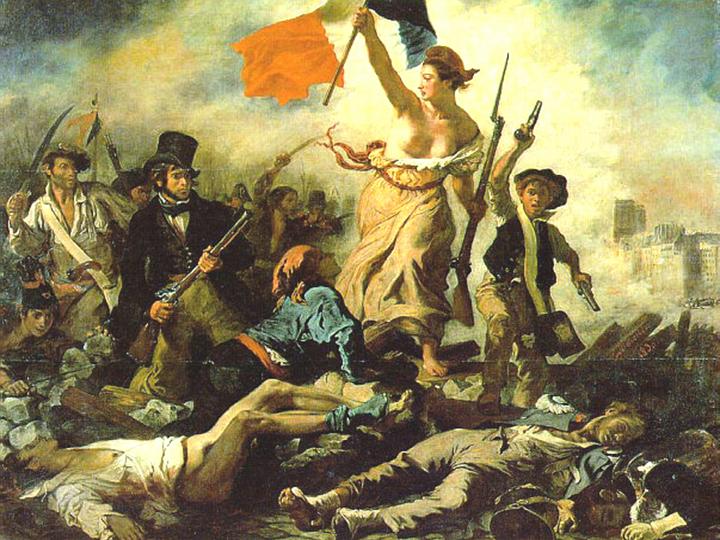
Wow. The anti-cultural-theorists! Until this moment, I actually thought I was alone. Reading Joe’s post and the responses to it gives me hope for the state of literary studies. It seems to me that the counter-revolution has begun.
I was an undergrad at McMaster in the middle of the cultural studies movement that swept through that English department. Except for a few professors who remained rather quiet, I felt like the lone objector in the middle of an ill advised coup d’etat. I was always much more intrigued with structuralism than with how to apply ideologies to literary texts, based on an overwhelming sense that there is a structure present within all literature. It is the repetition of these structures over time that represents our connections to one other; our like-mindedness. That is why texts written hundreds of years ago can fit into a model set out by a cultural theorist today. If this is the case, then many cultural theorists that argue vehemently against the existence of structure — or in Frye’s case, myths — would in fact be invalidating their own arguments. I find that funny. But humor aside, I think more literary arguments need to be structured by logic. We marvel at the dialogues of Plato, but then fail to see that if we structured our arguments using the same kind of logic, we may actually find some common ground with theorists of differing opinions. The lens through which the cultural theorists attack a literary work tends to filter out the fact that it is the repetition of myths that enable texts to remain relevant to current ideologies.
On the matter of logic and mathematics as they relate to literature: Is it not simply a matter of logic that if you believe in a mythical structure, as Frye suggests, then the logical extension is to be able to represent those structural constructs with numbers? That is, if there is a structure, then that means there also exists a relationship between constructs, and it would be no great task to represent those relationships numerically. I think this would in fact enhance the wonder to be found in literature, not detract from it. Physicists describe light waves with numbers all the time, but a sunset does not become any less sublime because they can describe the structure of it. In fact, the opposite is true. Being able to describe a sunset scientifcally makes the experience of it even more intense. I believe the same to be true of literature. Being able to describe the constructs of literature — as an “objectiv(ish) ’science’ ”, as Clayton Chrusch puts it — would only enhance the wonder of how we are moved by the written word.
If my thinking is correct and cultural theory is enabled by the structure and myths found in literature, then the insistence that there is no structure in literature by the same theorists would turn out to be a pretty obvious contradiction; and, if this is the case, I would be even more amazed if we could represent that relationship with an equation that manifests this logic. I believe that it would take our understanding from a belief to a fact. And, if Joe is correct that cognitive scientists could in fact benefit from the literary theorists’ understanding of phenomena such as metaphor, then we need to be able to bridge that gap and explain our subject in terms they can understand. This means logic, structure, and to some extent axiomatic thought. The onus is on the literary theorists to prove their own worth, if in fact the aim is to have a meaningful discussion with scientists. Science has established axioms and methods that have been in practice for thousands of years and, being that language is our business, we would do well to do the same.
Viva la counter-revolution!
